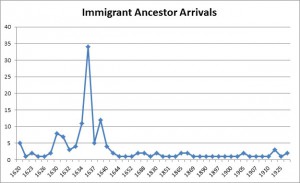 |
| GenAI depiction |
Remarks: Modified: 12/14/2024
 |
| GenAI depiction |
Remarks: Modified: 12/14/2024
Remarks: Modified: 12/14/2024
Remarks: Modified: 12/14/2024
TL;DR -- This is the third of three gifts from the Nobel Committee. Starting with the math of machine learning and then with the chemistry work with proteins, there were heady responses with respect to the applicability of the technological insights. Ah, but wait. The Medicine prize brings us back to complexity and the reality of such. Now, one topic that will be continually on the table is this: has computing been a boon or a bane?
--
This is the third post on the 2024 Nobel. The earlier two were: Physics; Chemistry.
This post looks at the Prize for Medicine which reports on increased insights into cell regulation.
Remarks: Modified: 11/18/2024
TL;DR -- We will have several of these. We bring back a couple of images and point to several themes, one of which is technology.
--
Just updated this image at a 2014 post (Status and focus).
 |
| Arrival of immigrants by year, Plymouth context |
| How long is a generation? |
TL;DR -- We provide a link to Nobel Prize material that goes into the detail of the Chemistry prize and its computational framwork.
--
Going forward,we can pay more attention to the material from the Nobel committeee with regard to the technology behind the selection. This image is from a page that looks at the history of the 2024 award for Chemistry which helps us document progress in GenAI (machine learning).
 |
| How does AlphaFold2 work? |
Advances using computational assists that reduce time and costs for experiments have been expected from the beginning, decades ago. What changes is the complexity. Fortunately, the domain of this research can have lab support as well as the use of physical experiments.
We will discuss possible issues as we look at the topic. However, that there are those considerations on the table is beyond doubt. How we might attempt to rectify them is not so clear.
Remarks: Modified: 11/04/2024
11/04/2024 --